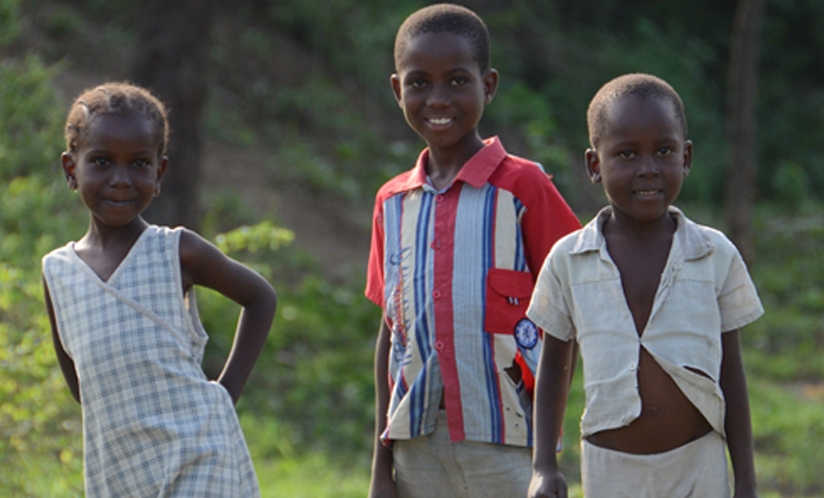About the Interfaith Health Program

What role does religion play in public health? If you ask Dr. John Blevins, the answer is "an integral one." The Rollins research associate professor in the Hubert Department of Global Health and acting director of the Interfaith Health Program (IHP) has dedicated much of his career to the intersection of these two fields. Prior to his current role, he served as a chaplain to persons with HIV/AIDS in Atlanta and Chicago, managed a clinical training program with a focus on HIV at Emory University School of Medicine, and served on the faculty at the Candler School of Theology.
"[At IHP] we see ourselves as a program that's interested in religion but that does not need to be an apologist for any one religious position. So, we can take an appreciative stance for religion but also a critical stance. We make the case that religion can be a resource for better health outcomes and it can be a barrier to healthy outcomes," says Blevins. "In that way, I think we stand in a good place of being appreciative of religion of religion as a social determinant with various effects... we can talk about religion and its complexities in ways that many in public health can't and don't. A lot of the work we do is at the interface of what religion can do well and what religion can do to confound public health outcomes."
Emory University's Interfaith Health Program
IHP was founded at the Carter Center 25 years ago by Bill Foege and has been based out of Rollins since the early 2000s. With an original focus on the Muslim, Christian, and Jewish communities in Atlanta, the program now has an international focus in addition to its work in the United States; much of the international work is aimed at HIV/AIDS.
For instance, IHP is currently being funded by PEPFARand UNAIDS to serve as the lead university in an academic consortium in a project designed to increase collaboration with faith-based partners globally and maximize the resources the those partners can bring to the table. IHP is assisting by working to build upon the evidence and knowledge base of the faith-based sector and by understanding the relationship between religion and stigma for marginalized populations most affected by HIV.
"Through our initial work, we now know that in Kenya, faith-based services provide about 30 percent of all HIV services. In many high-burden counties that percentage is even greater. In Nairobi, for example, they provide about 50 percent of all HIV services and in rural Turkana County, that number rises to 70 percent, so they provide more than the government. They're absolutely essential; knowing how to work with them is absolutely essential as well."
The IHP is actively involved with a variety of additional projects, including the Gates Foundation-funded Child Health and Mortality Prevention Surveillance (CHAMPS) project in partnership with the CDC. The goal of this study is to identify what causes high childhood mortality in locations with high mortality rates.
"Part of that is an epi surveillance process, but another part is carrying out a minimally invasive autopsy of children who have died, so we can determine what the causes of death are and can target those causes. As you might imagine, in many parts of the world where we are doing this work, the cultural and religious beliefs about death and burial are at odds with autopsies. Part of my work is to understand what the cultural and religious beliefs are and to work with the sites and countries to develop community engagement plans that bring religious and cultural leaders together to understand that the knowledge generated through CHAMPS will be essential in developing policies and programs that can lower the numbers of deaths of children. This kind of relationship-building in the community is required if we’re going to have a chance to carry out the work of CHAMPS."


